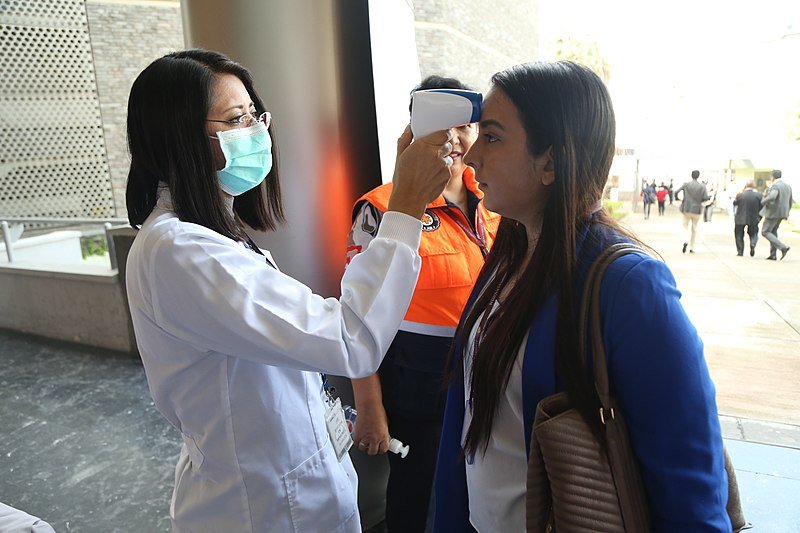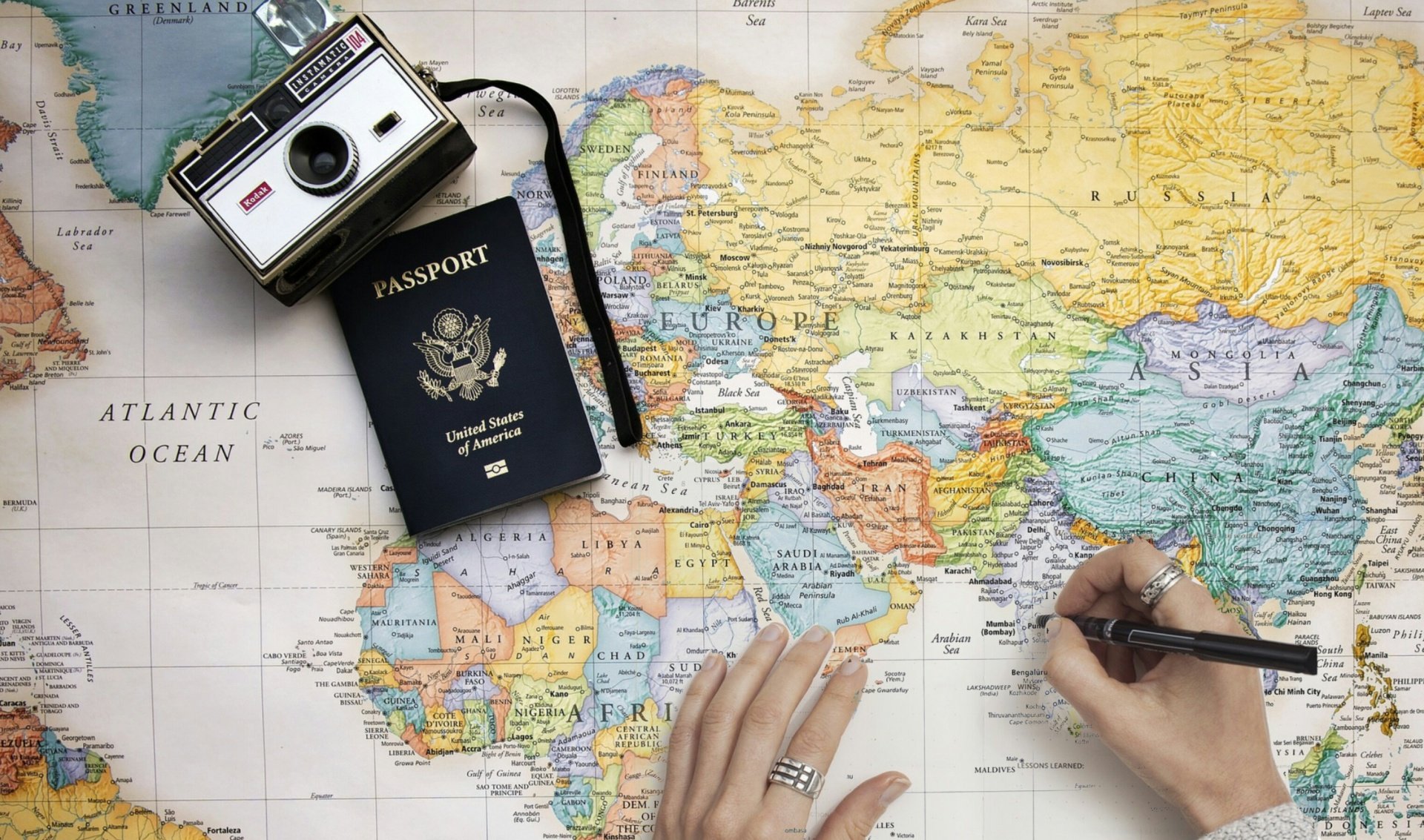The travel and tourism industry accounts for 10% of the global GDP and is currently the most affected sector because of COVID-19. With travel bans and restrictions, locking down of borders, vacant hotels and resorts, etc, the losses incurred by the travel industry is unfathomable!
According to a report by WTTC (World Travel and Tourism Council), around 50 million employees of the travel and tourism sector have their jobs at stake, which means that 3 months’ loss of travel will result in 12-14% job reduction. Having said that, all the aspects of the tourism sector, like, transport facilitators, tour organizers, hotel owners, travel bloggers, etc. are paused. Experts say that COVID-19 is worse than recession, because during recession people were at least mobile.
According to a research carried out by UNWTO (World Tourism Organization), as of 6 April, 96% of all worldwide destinations have introduced travel restrictions in response to the pandemic. Around 90 destinations have completely or partially closed their borders to tourists, while a further 44 are closed to certain tourists depending on country of origin.The Secretary-General of the organization, Zurab Pololikashvili said: “COVID-19 has impacted travel and tourism like no other event before in history. Governments have put public health first and introduced full or partial restrictions on travel. With tourism suspended, the benefits the sector brings are under threat: millions of jobs could be lost, and progress made in the fields of equality and sustainable economic growth could be rolled back. UNWTO therefore calls on governments to continuously review travel restrictions and ease or lift them as soon as it is safe to do so.”
Solutions
Undoubtedly, the international travelling rules and regulations will have to be modified once travel resumes. Global tourism bodies have come up with suitable suggestions and steps to make up for the loss of tourism. WTTC has advised all governments that once the pandemic is over, they could make the process of visa granting more lenient, to reduce travel taxes and to introduce incentives that would encourage travel. They have also suggested airlines to allow flexibility in bookings in a way that travellers can postpone their tickets and not cancel them.

UNWTO gives importance to international cooperation, reasonable dialogue and efficient leadership to conserve the tourism sector.
It also recommends cooperating with WHO and UN for effective management and resilience. Unity and solidarity amongst all the affected nations will go a long way in helping the tourism sector bounce back. Various private travel business groups are doing their best to promote tourism and keep the public motivated.
Expected Changes in Traveling Habits:
- People will avoid leisure travel. Business travel will also be much less common.
- For leisure, domestic travel will be preferred over international travel.
- Countries that are effective in curbing coronavirus spread — like South Korea, Singapore and Hong Kong — will likely attract more tourists.
- Small town destinations will be preferred over the crowded ones.
- Visa-free travel will get fairly limited.
- Medical screening at airports will become the new normal. And so will be social distancing and wearing masks in public.
- Hotels and tours will become cheaper. Flight tickets may remain the same.
- Refundable flight/hotel/tour booking will be more in demand over non-refundable ones.
- Car-hire will more likely be preferred over public-transport.
- Tourists will prefer prominent and known hotel chains believing they offer better hygiene and cleanliness.
- Luxury tours will start selling before budget tours.
- Budget backpacking industry will take the longest time to recover.

Condition in India:
With the ban on international and domestic travel, India is facing its share of losses as well. Apparently, 70% Indians are facing job losses because of the pandemic. Travel business groups, hotels, resorts, transport facility owners and travel bloggers are all facing setbacks. Hence, FAITH (Federation of Associations in Indian Tourism & Hospitality), the main body overlooking Indian tourism, has come up with effective solutions to aid future travel. Some of these measures include overall aiding the economy by reducing taxes, allowing deferment of EMIs, etc, reducing travel taxes and the like. It has also suggested to the government to grant aid to foreign bodies who want to hold exhibitions and conferences in India.
It is very evident that the tourism sector is facing a standstill in activities and companies are incurring losses. However, the situation is temporary. Once the pandemic is over, the sector will see a boom in business. Better days are ahead for the travel and tourism sector. Till then, let’s all stay safe and gear up for resilience.


